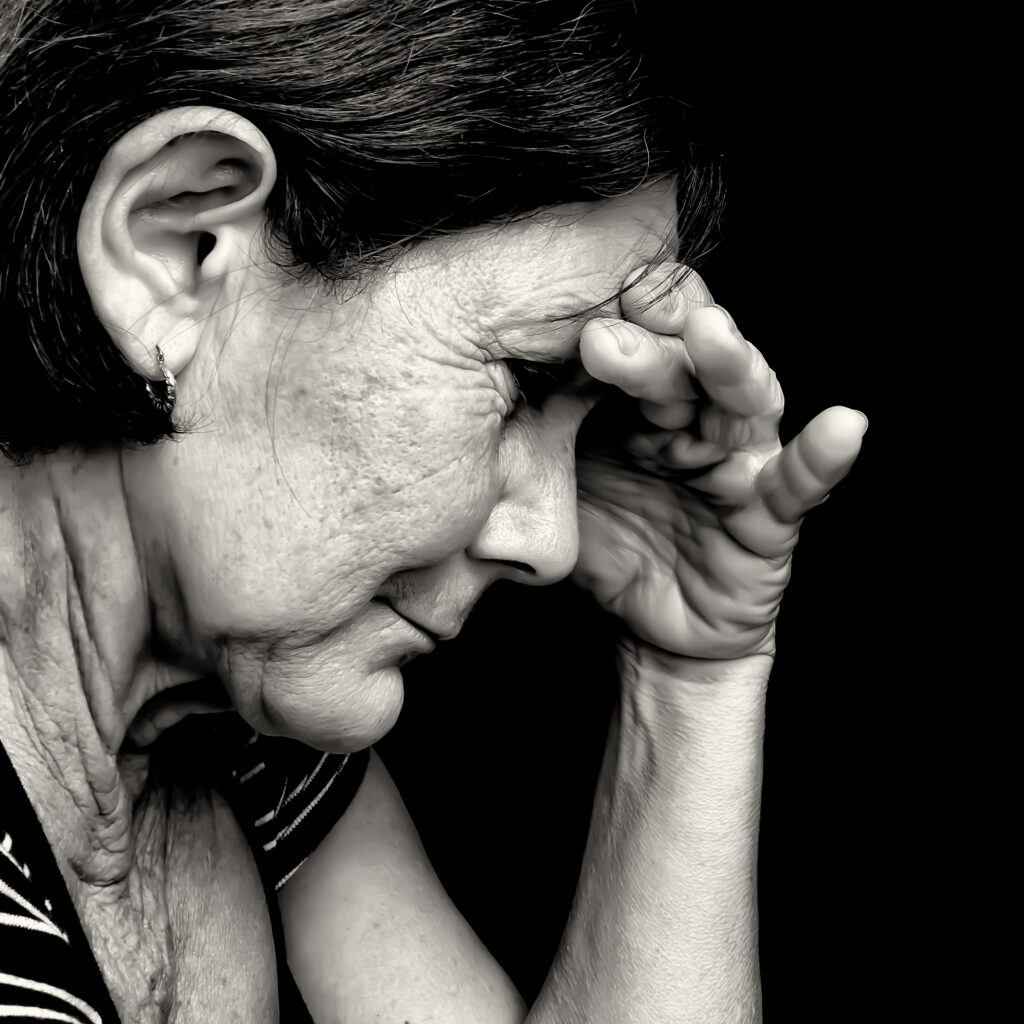Uncategorised
Counselling for Seniors with Mental health conditions
As Melbourne endured another lock-down it’s important to reflect on how the limitations affected you. Did you feel impatient, frustrated or even angry about the imposed rules that governed our ways of living? Were they the feelings of loss and grief or simply frustration.
Loss and grief are mental health conditions that can affect anyone but they seem to increase with age. Aging couples are often able to keep each other motivated and supported and they can often live long and very happy lives with little or no need for outside help. But those who lose a partner find that feelings of grief and loss have a far greater impact. Their sense of well-being is impacted by their loss and as they face aging, their anxieties and worries seem much more serious when faced alone.
As people age and become frailer they begin to lose their independence. For safety reasons, they are often encouraged to go into a retirement village or into care. Now they face the loss associated with losing their family home, much of their furniture and treasures, their neighbours and their local community. They may also lose their companion animals, loved family members, because they’re not permitted to accompany them.
These senses of loss are compounded by their sense of now having no relevance. These often vital, capable people now sit around with nothing to do and in many cases, nothing to get out of bed for. They begin to question their existence and anxiety about their future or depression about their situation begins to override all other emotions.
As you reflect on how you felt, spare a thought for others to whom a life of loss and grief is the norm and one they cannot see an end to. Rather than medication, counselling and psychotherapy is now imperative but there is a general reluctance in many older adults to seek this kind of help.
‘It is compounded by those who don’t believe they can change in later life, or that something as straightforward as talk therapy can make a difference at that stage. The pervasiveness of these attitudes was clearly seen in one study in which 70% of adults 55 and older with mood and anxiety disorders did not use any mental health services.
Even when older adults do seek help, research has shown that only about 25% receive psychotherapy, and less than a third of this group remain for the duration of the treatment. This gap occurs despite the well-established fact that psychotherapy is an effective treatment for many forms of mental illness, regardless of age.’
(Marc Agronin, Wall Street Journal – 2018)
On top of that, ‘less than one percent of aged-care residents are offered any kind of psychosocial treatment, despite the high prevalence of mental health disorders’(George, Davison, McCabe, Mellor & Moore, 2007 ) Also of note, is that staff at residential facilities, tend to have limited training in mental health literacy. If they’re not noticing the signs of depression or anxiety, how are they being addressed?
Despite the challenges however, evidence does show that those who do accept counselling and psychotherapy are finding them very effective in treating late-life depression, anxiety and dementia. Residents who accept help are discovering a new perspective and are learning to enjoy this last special time of their lives.

